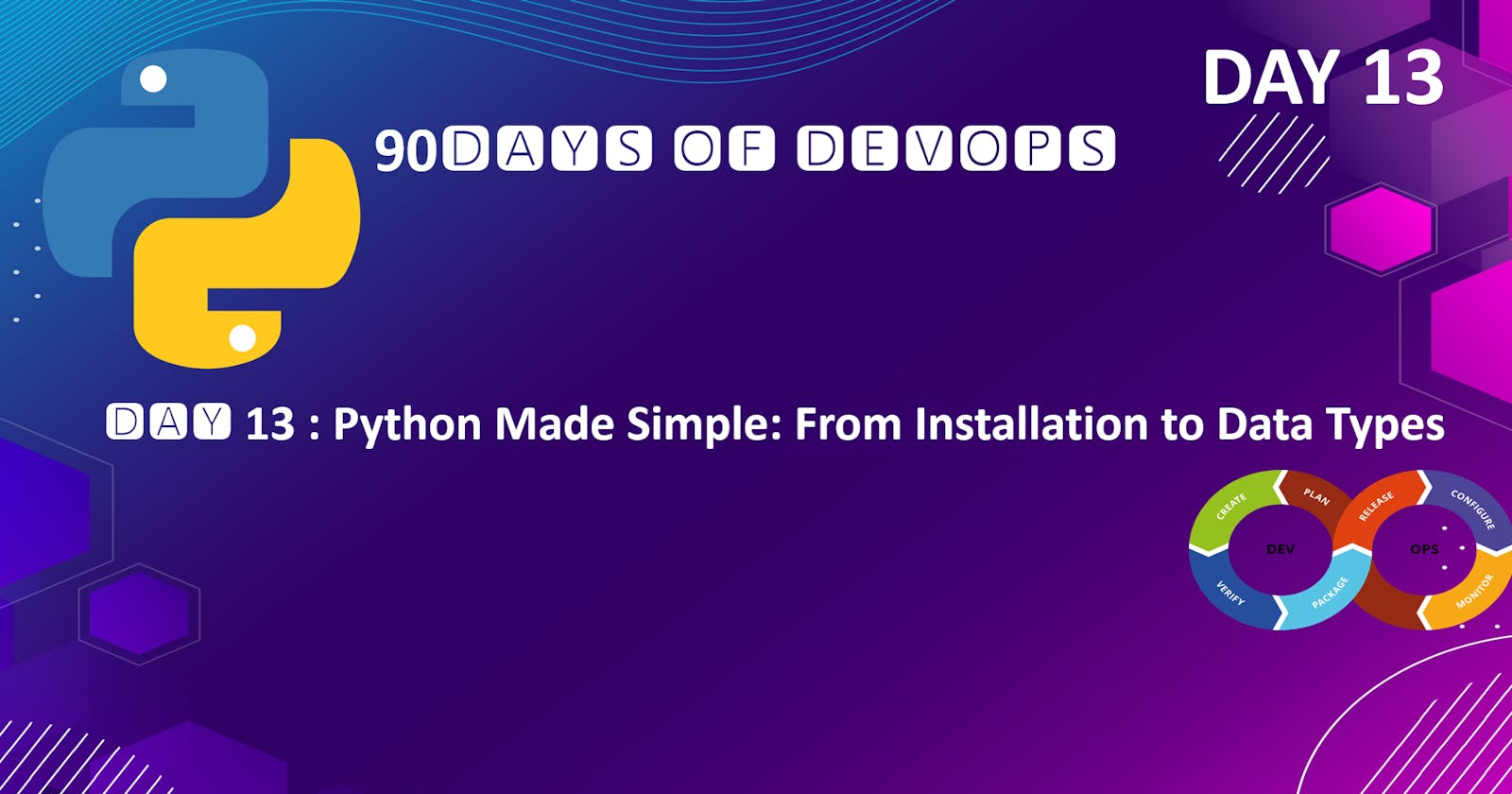Table of contents
What is Python?
In simple language, Python is a computer language that people use to talk to computers. It was created by Guido van Rossum. It's like giving instructions to a robot, but in a way that's easy for humans to understand and write. Python helps you tell the computer what to do, like making it play games, do math, or even create websites. It's like having a friendly conversation with your computer to make it do all sorts of tasks. Python is an Open source, general-purpose, high-level, and object-oriented programming language. Python consists of vast libraries and various frameworks like Django, Tensorflow, Flask, Pandas, Keras etc.
How to install Python in Ubuntu?
As you install Ubuntu on your system python will come by default installed in the system but there is an alternate way to install Python in the Ubuntu Operating System.
You can use the following command to install the latest python version in your system.
sudo apt -y install python3
as you can see the latest version of Python has been installed on the system. Now let's perform the tasks of the day.
Tasks:
- Install Python in your respective OS, and check the version.
To install Python use the following command mentioned above
sudo apt -y install python3
To check the version of Python use the command below
python3 --version

- Explain different data types in Python
In simple language, data types in Python are like different kinds of containers for information. Imagine you have a box to store things, but you can only put specific types of items in each box. Here are some common data types in Python:
Numbers (integers and decimals): These are like containers for counting and measuring. You can use them for things like counting your toys (integers) or measuring how much you've grown (decimals).
Text (strings): This is a container for words and sentences. It's like a box for storing names, stories, or messages you want the computer to work with.
Lists: A list is like a bag where you can put many things. You can have a list of your favorite toys, and you can keep adding or removing toys from it.
Booleans: These are like switches, where you can have only two options: "on" or "off." It's helpful when you want to answer questions with "yes" or "no."
Dates and Times: These are like calendars and clocks. You can use them to keep track of events and know what time it is.
Custom Data Types: Just like you can have your special box for your favorite toys, in Python, you can create your containers to store information that's unique to your needs.
Each data type has its purpose and rules for what you can do with it, and they help you organize and work with different kinds of information in your computer programs.
I hope you like the content I provide to get notified of the upcoming articles stay tuned by following my blog and also like and share.
